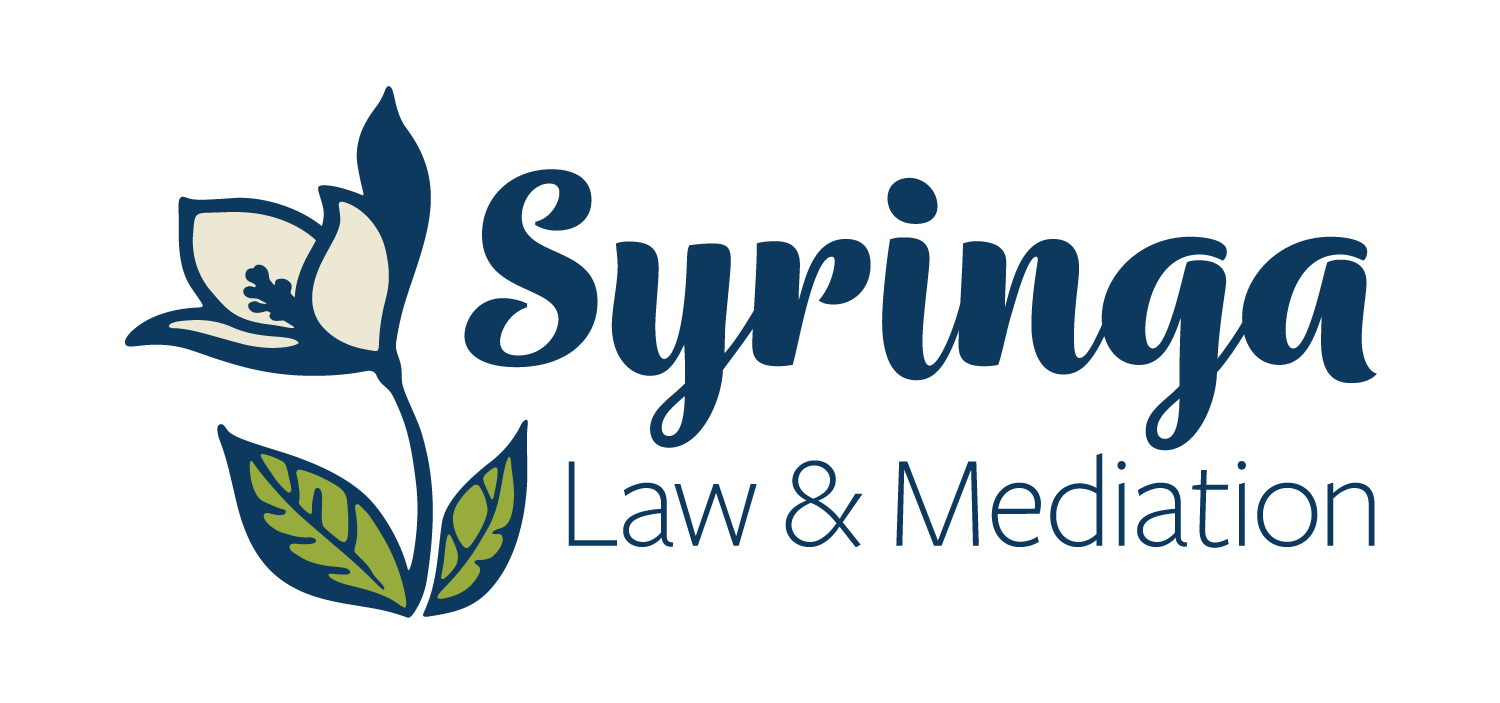When you sign an Agreement to Mediate, you agree to participate in good faith. But what does that mean in practice? Here are some basic but very important tenets of good faith in mediation.
The basic rules
At its core, good faith means showing basic civility: speaking politely (not shouting), not interrupting, and avoiding sarcasm or snarky comments or facial expressions.
Listen to understand
We often listen in order to respond—but listening to understand is a different approach. When we listen just to respond, we may feel the urge to interrupt to correct or defend ourselves. Listening to respond requires us to really tune in and seek to hear what the other person is asking for. In mediation, while the other person is talking, try writing down what you hear them saying and jot down notes if needed. This helps you make sure you understand their perspective before replying. Good faith requires this effort, and it goes both ways.
Making offers and counteroffers
Mediation is a process of making requests or offers and then negotiating until both parties can find a workable path forward. Simply saying “no” to an offer is not good faith—it shuts down the process. Instead, try to see the full scope of the request or offer and look for parts that do and don’t work. Identify what doesn’t work and suggest adjustments. Then make a counteroffer. Parties that stay engaged in this back-and-forth process often reach agreements, even when they begin far apart.
Discuss everything
Sometimes mediation runs out of time or energy, and only part of the agenda gets covered. In those cases, mediators often schedule another session and include that in the agreement. If a party refuses to return to mediation or stops negotiating altogether, that is not acting in good faith. It takes away the other party’s ability to negotiate and compromise. One side might have been willing to agree to much less to stay out of court—but no one will know if the process is cut off prematurely.
Bring all decision-makers to mediation
If your ability to follow through on an agreement depends on the involvement of another person—such as a relative, financial supporter, or attorney—that person needs to attend the mediation. For example, if you cannot agree to or sign an agreement without your attorney’s approval, they should be present for the full mediation session. Their participation ensures they understand how the agreement was reached and are more likely to understand its value and terms.
If your attorney is unable to attend the mediation but wishes to have final approval or veto power over an agreement (or parts of an agreement), we can accommodate this by reconvening for an additional session. It is important that all parties have the opportunity to respond to any proposed changes and continue the discussion together.

